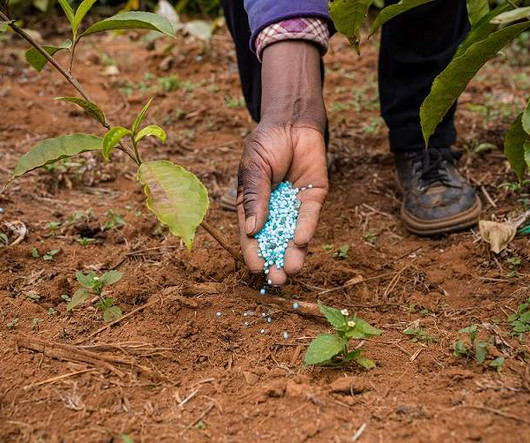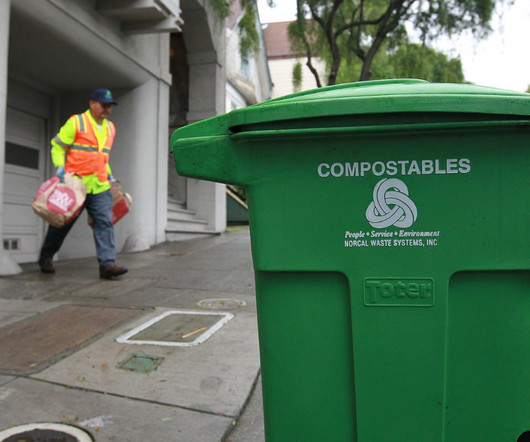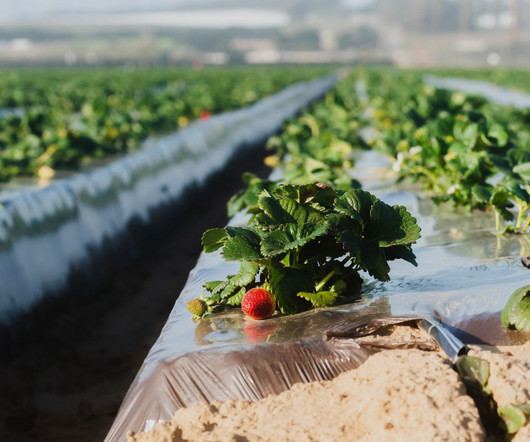Fertilising Plants – All you need to know
Kavya Organic Farm
AUGUST 24, 2023
Phosphate rock is a popular material for the manufacturing of this fertiliser. Nitrogen helps with greenery, and potassium helps with plants’ stalks and straws Why fertilisers? Some traditional farming and agricultural methods, to date, use other methods of fertilising plants, especially farm manure and compost.











Let's personalize your content